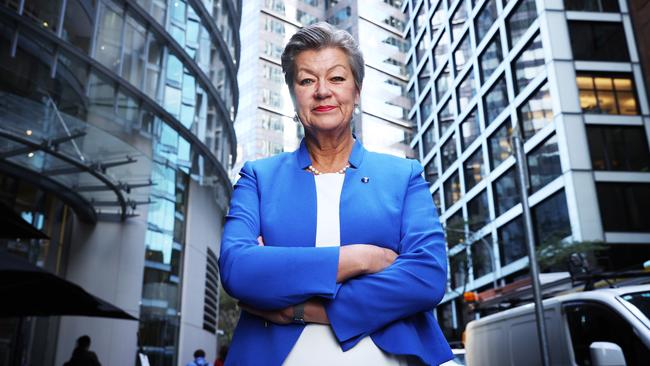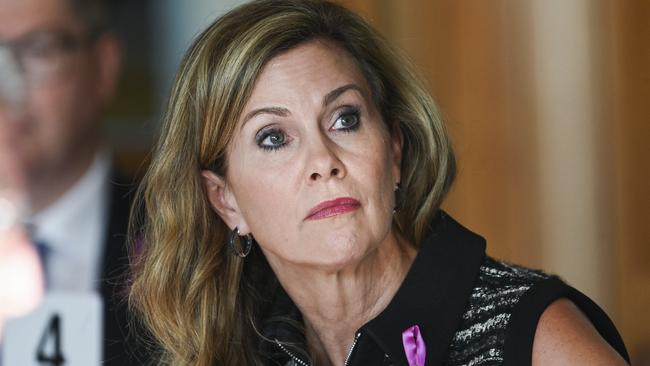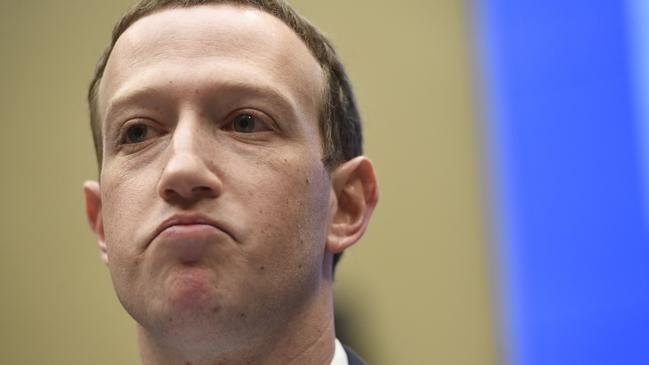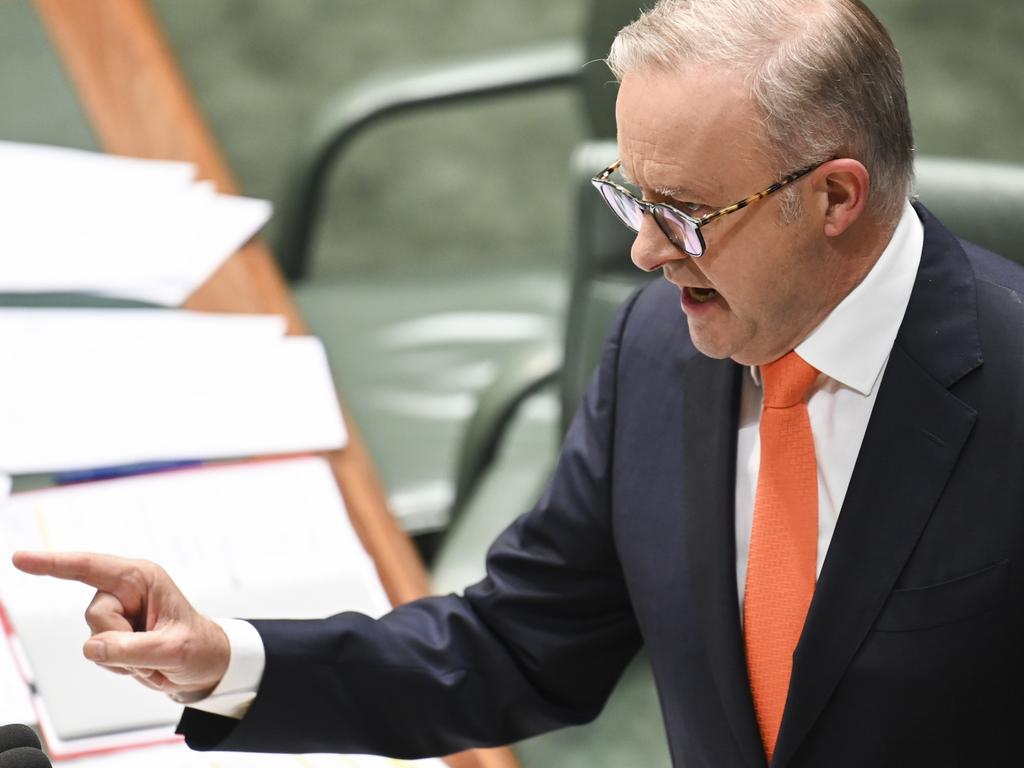European Union, Australia lay down gauntlet to social-media companies
The EU and federal government have told social-media companies to stop acting ‘like teenagers’ and shoulder responsibility for crimes on their platforms.

Social media companies should stop acting “like teenagers” and shoulder responsibility for crimes on their platforms, particularly radicalisation and child exploitation, the European Union Home Affairs Commissioner says.
Speaking to The Australian at the conclusion of a week-long trip to Australia, Ylva Johansson said the union and federal government “spoke with a common voice” to companies that weren’t doing enough and were resistant to regulation.
Young people becoming radicalised online was a significant concern, and the prevalence of child sexual exploitation meant civil society was failing in its duty, the commissioner said.
“We’ve treated tech companies like teenagers for too long. They have to be treated like grown-ups,” Ms Johansson said.
“They have to be responsible for what they do, what they don’t do, and they can’t say they’re not responsible for the crimes taking place on their services.”
The commissioner held talks with Home Affairs Minister Clare O’Neil and Attorney-General Mark Dreyfus on how to ensure they were adopting a common approach to the challenges posed by social media.
Radicalisation online, both in the EU and Australia, was becoming an “increasing threat and challenge”, Ms Johansson said, with the situation becoming worse since the onset of the Israel-Hamas war.

“Both (governments) have been better in counter-terrorism,” the commissioner said. “But it takes place mainly online now, which is harder to detect.”
Ms Johansson said in Europe the “jihadist threat was very present” and far-right extremism “on the rise”.
On Tuesday, eSafety Commissioner Julie Inman Grant revealed Australia’s online safety regulator had issued notices to Telegram, Google, Meta, Reddit and X asking what action they were taking against terror material – including beheadings, tortures and rape – being shared across their platforms.
Child exploitation across web services was also a focal point of talks. Since 2019, the eSafety Commission has received a year-on-year doubling of reports of child sexual exploitation and abuse material.
The eSafety Commissioner echoed concerns raised by Ms Johansson.
“Like our European counterparts, we are deeply concerned about the proliferation of child sexual exploitation and abuse material, and terrorist and extremist material, online,” Ms Inman Grant said.
In the United States, CEOs of Snapchat, TikTok, X and Meta’s Mark Zuckerberg faced a Senate hearing in February, where Republican Lindsey Graham accused the latter of having “blood on his hands” for the prevalence of predators on Meta’s platforms.

The EU commissioner, who has proposed laws forcing companies to carry out risk assessments and any resulting mitigating measures, said child exploitation was increasingly coming “off the dark web and into the light”.
“It’s a heinous crime and rapidly growing,” she said, revealing that for exploited children under the age of two, 80 per cent of the cases were in the worst bracket of sexual violence.
Tech companies, she said, had to do more to help governments.
“They (companies) are not so eager to do that in end-to-end encryption (reporting, detecting),” Ms Johansson said.

“But that means they’d be creating a safe haven for perpetrators … (who) thrive in the dark. That’s where they don’t want us to turn a light on.”
Ms Johansson said that what was “unacceptable offline” should be so online.
“It’s important that online platforms have the same responsibility and regulation as in the offline world,” she said.
In the EU, Ms Johansson said, one girl out of five had been a victim of some form of child sexual exploitation and one boy out of 10. In Australia, she said, the number was almost double that.
Sharing of child-abuse material, Ms Johansson said, was “skyrocketing” in end-to-end encryption services but vowed that governments would speak with one voice to stamp it out.
“I’m very encouraged (by the meetings with the federal government) … we have a lot in common,” she said.







To join the conversation, please log in. Don't have an account? Register
Join the conversation, you are commenting as Logout